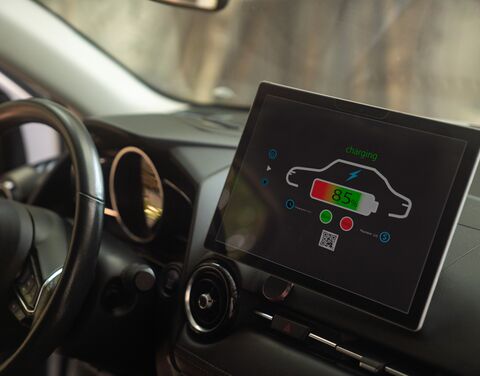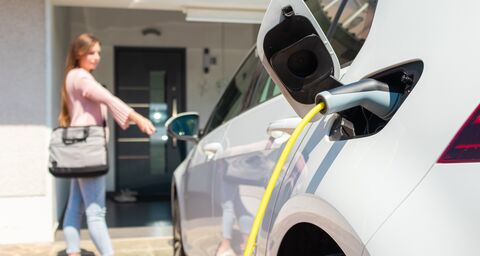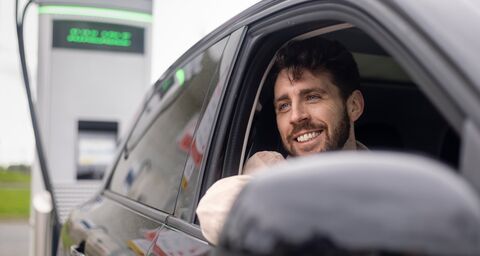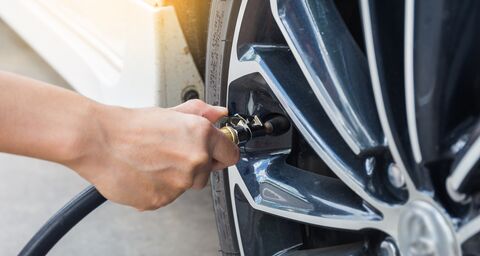
-
 Out and about
Out and aboutElectric car costs – the most important facts
-
 Out and about
Out and aboutCharging electric cars – what you should look out for
-
 Out and about
Out and aboutBuying a used electric car: What you need to know
-
 Out and about
Out and aboutBidirectional charging – the future of electromobility?
-
 Out and about
Out and aboutElectric car maintenance: Useful facts at a glance
-
 Out and about
Out and aboutElectric car charging station for your home
-
 Out and about
Out and aboutElectric cars: Advantages and disadvantages
-
 Out and about
Out and aboutCar Energy Check: save money and protect the environment
